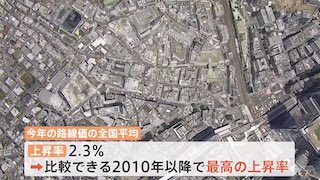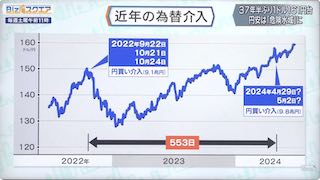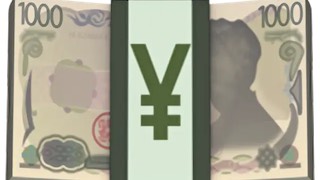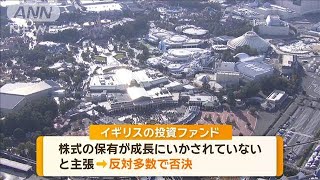TOKYO, Jun 30 (News On Japan) - On the 28th, the yen temporarily fell to the 161-yen level against the dollar, marking the weakest level in approximately 37 and a half years. Market concerns are growing over potential currency intervention by the government and the Bank of Japan (BOJ).
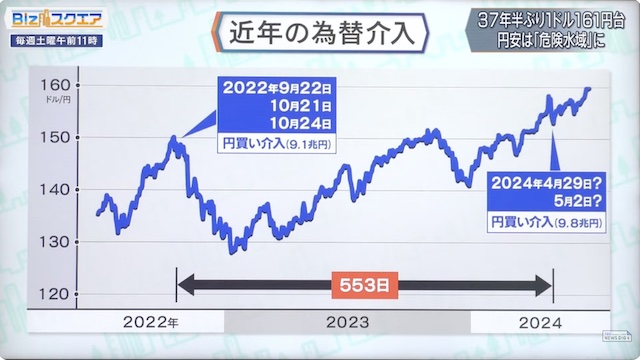
The yen started the week on Monday at levels approaching the critical 160-yen mark in the Tokyo foreign exchange market. The BOJ, during its policy meeting this month, hinted at the need for intervention if necessary, but the impact on the currency market was limited.
Changes occurred on Wednesday when a Federal Reserve Board official indicated that lowering interest rates was not yet appropriate due to the risk of reaccelerating inflation, pushing the yen down to 160.80 yen to the dollar. This level of depreciation had not been seen since December 1986, following the Plaza Accord when major countries intervened to correct the strong dollar.
During an interview, Finance Minister Kanda recognized the current rapid movements and indicated that the government would take necessary measures against excessive movements. Despite this, the yen fell to 161.20 yen to the dollar before 10 AM, further advancing the historic depreciation of the yen.
The market remains wary that the government and the BOJ might step in to intervene in the currency market as the yen's rapid fall past the 160-yen mark in just two days heightened concerns. The Finance Minister's warning did little to calm the market, and the yen continued to fluctuate around 161 yen in the afternoon.
The market perceives that the interest rate differential between Japan and the US will remain unchanged for the foreseeable future, prompting investors to seek higher returns in other currencies. Kazuo, a strategist at Barita Research, expressed frustration over the lack of intervention, stating that interventions alone cannot stop the yen's depreciation without substantial and sustained measures.
BOJ Governor Ueda, during the policy meeting on June 18th, mentioned that raising policy rates in July was a possibility, though the market reaction was minimal. Analysts suggest that the yen's depreciation might be viewed as a result of Japan's continued accommodative monetary policy. The effectiveness of past interventions has diminished, as evidenced by the yen's quick return to weaker levels.
While the BOJ and the government have repeatedly signaled their intent to intervene if necessary, the market views these actions as insufficient to reverse the yen's slide. The yen's fall to the 160-yen level has led to discussions about Japan's willingness to tolerate a weaker currency, reflecting political rather than purely economic motives.
The market awaits stronger and more decisive actions from Japanese authorities to halt the yen's decline. The upcoming BOJ meeting in July and potential policy adjustments will be critical in shaping the future of the yen's exchange rate.
Source: TBS








